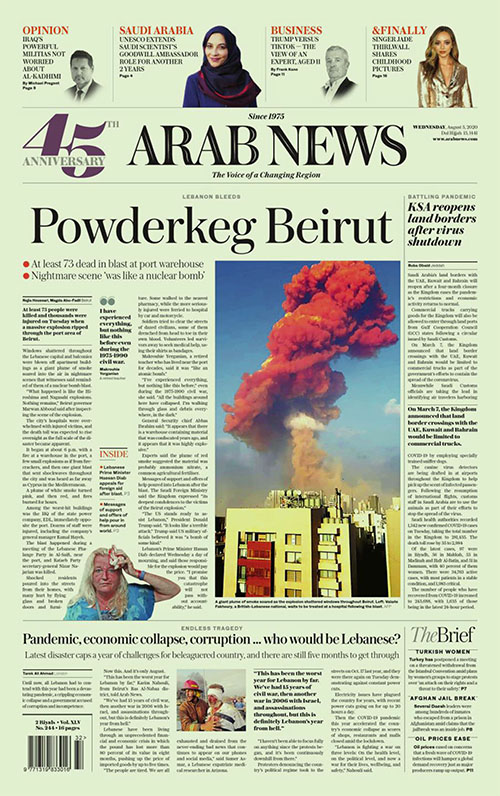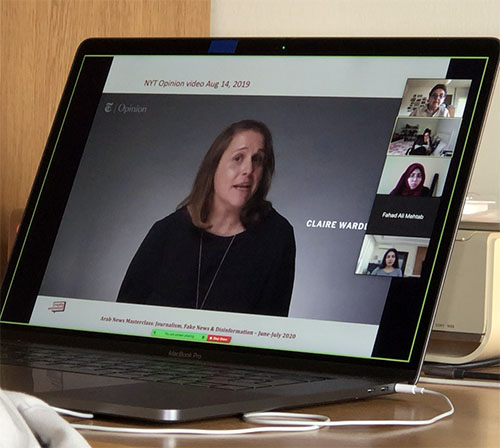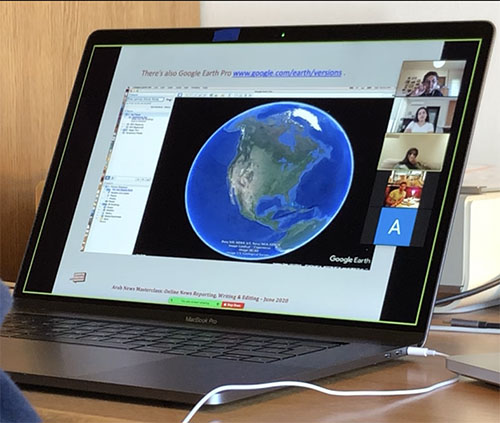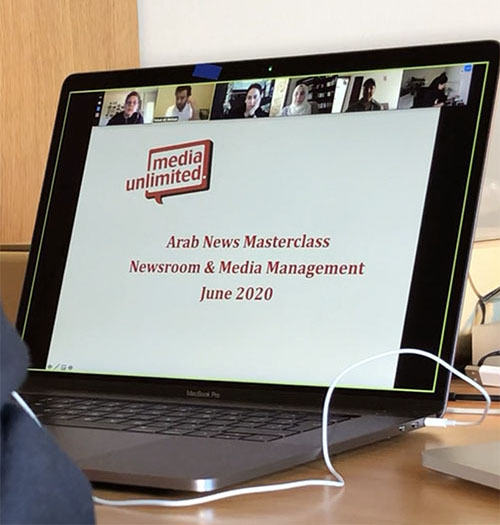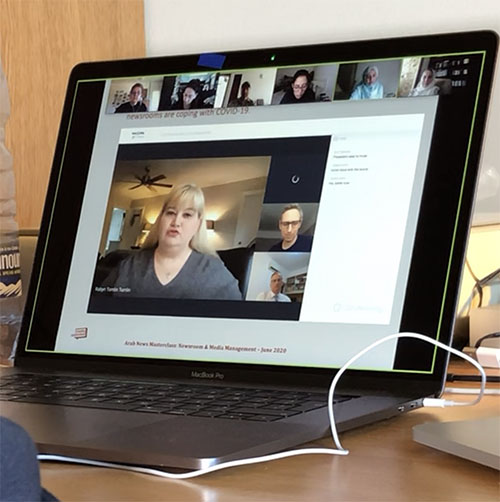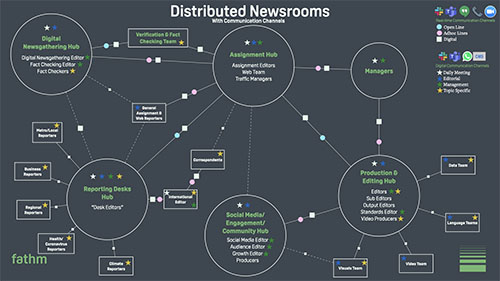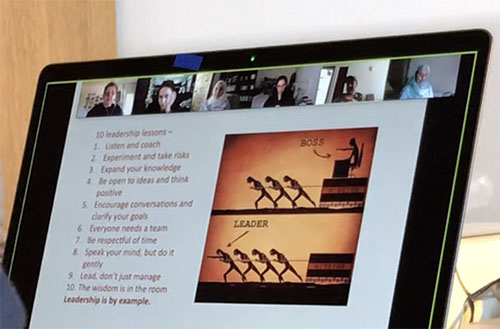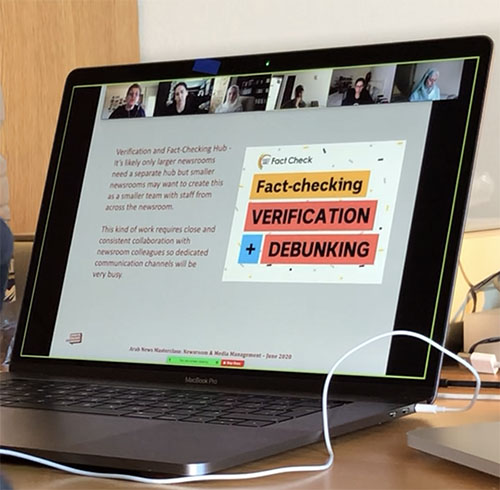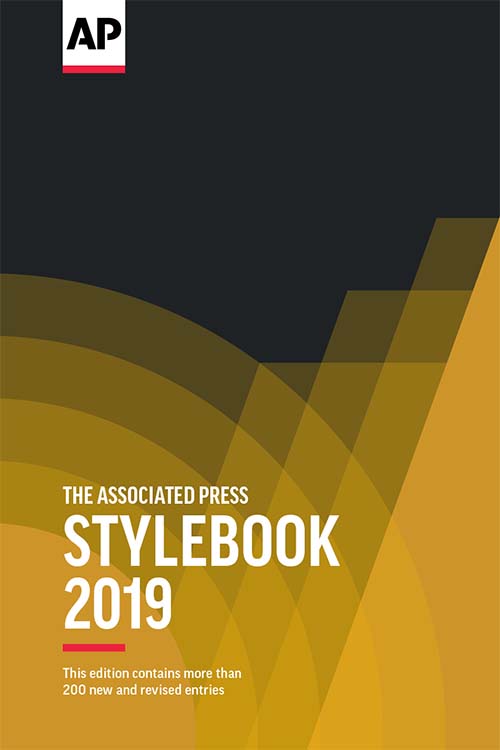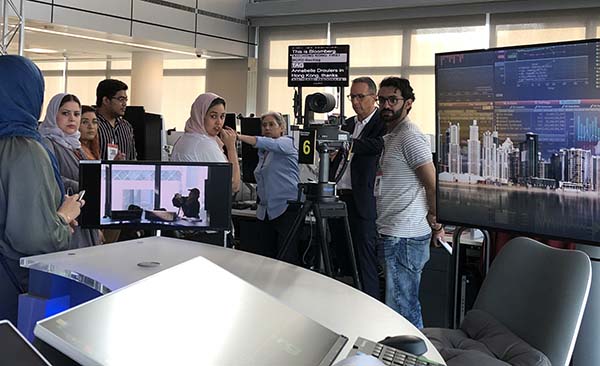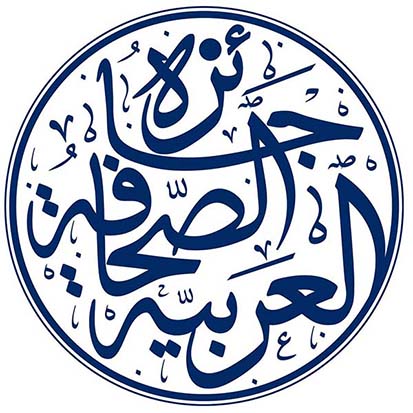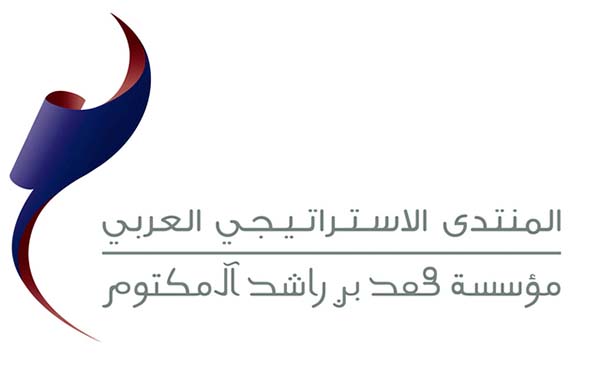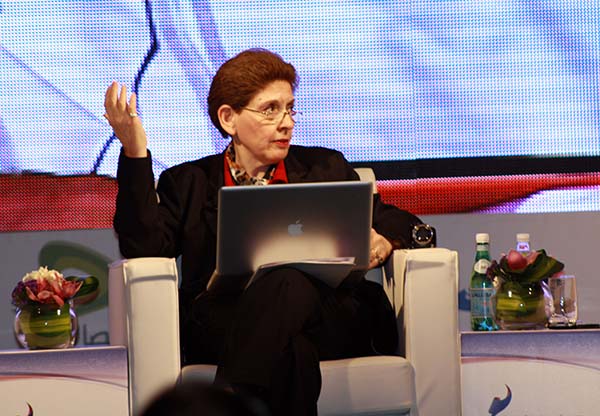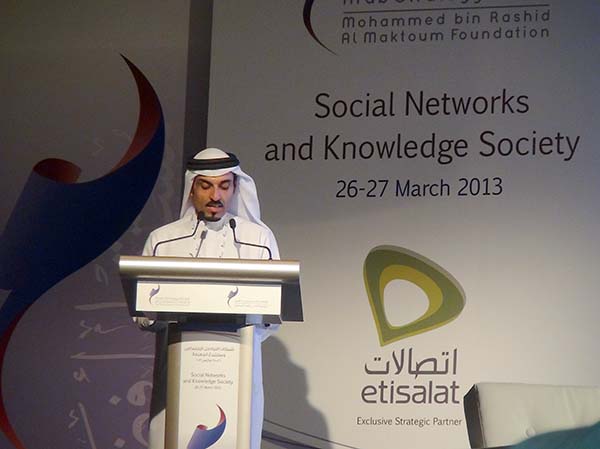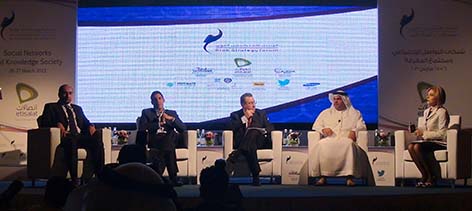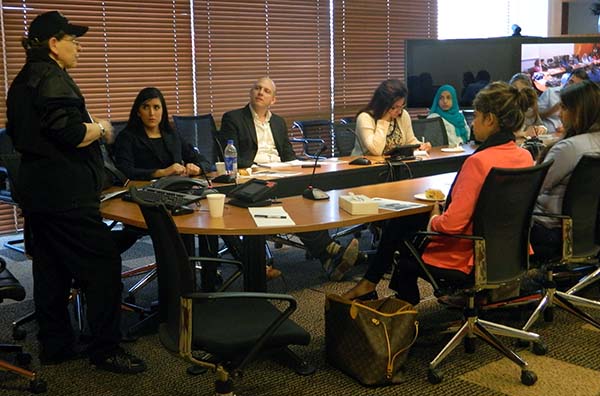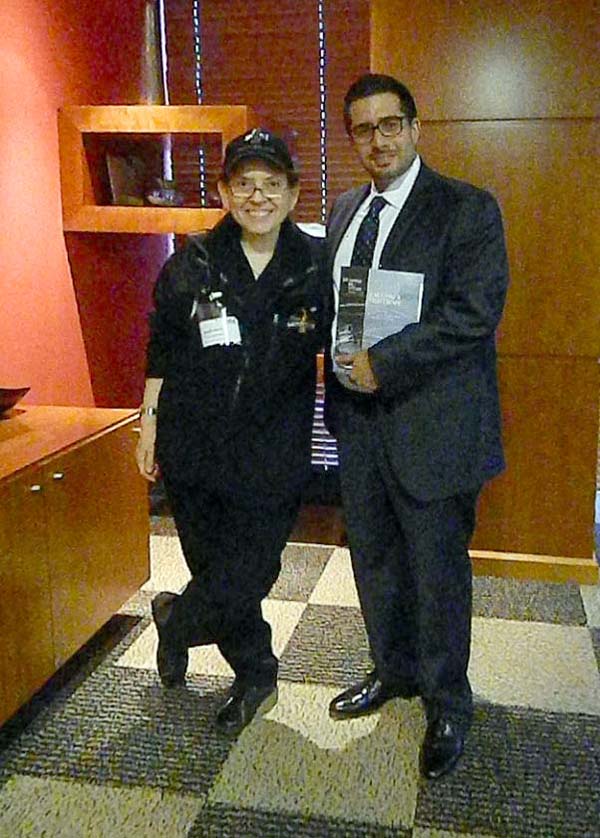Media Unlimited director Magda Abu-Fadil led an intensive workshop for mid-level staffers at Saudi-based daily Arab News covering a basket of legal, editorial and newsroom management issues that challenge most journalists.

Saudi laws in review
The first segment of the four-day training in September 2020 focused on the complex subject of defamation, libel and slander laws as general concepts and delved into how their countless nuances and permutations require journalists to tread carefully.
The trainees from bureaus in Riyadh, Dubai, Cairo and London were coached on ways to protect themselves from defamation claims (against them and the newspaper). They were given scenarios requiring them to solve editorial and legal problems.

What’s defamation in the UAE?
Abu-Fadil reviewed defamation laws in Egypt, France, Saudi Arabia, Lebanon, the UAE and the UK and the trainees were advised to learn about legislation in the countries in which they work, and where Arab News has potential reach.
The English-language daily launched a French edition aimed at Francophone readers across the Middle East/North Africa region and beyond, and has Japanese and Pakistani editions.

Commissioning, pitching and editorial judgment
On the second day, the trainees tackled the complexities of commissioning stories, dealing with internal pitches and articles from freelancers or different types of subjects from citizen journalists providing user-generated content.
They also addressed the topic of regular and kill fees, editorial judgment and how to exercise it, and learned from case studies that tested their skills.

Freelance pitches and kill fees
On day three, Abu-Fadil emphasized the need for collaboration across bureaus and platforms and reviewed the latest newsroom trends. The journalists watched a New York Times clip on the incorporation of 360-degree video into newsgathering, storytelling and the ethics of disseminating information in such a format.

Remote management failures
The trainees were shown how leaders fail their remote teams, notably with the ongoing need for distributed newsrooms. Managing people and staff development were major topics during that session.
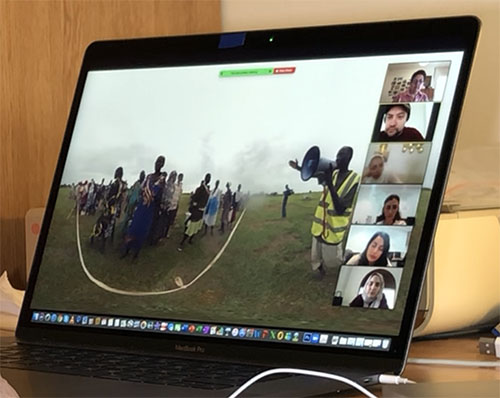
The New York Times’ 360-degree video “Displaced”
The journalists also examined how Financial Times editor-in-chief Roula Khalaf is running her 600-strong dispersed newsroom with journalists, editors and others working remotely after the outbreak of the coronavirus. Abu-Fadil also discussed the roles of various editors in different newsrooms.

Exercise on covering tragedy
On the final day, the participants went through four exercises (scenarios) requiring them to solve problems on accuracy, a tragic event, media ethics, and integrity. They also delved into individual issues they had raised prior to the training and tried to find workable collective and individual solutions for them.


